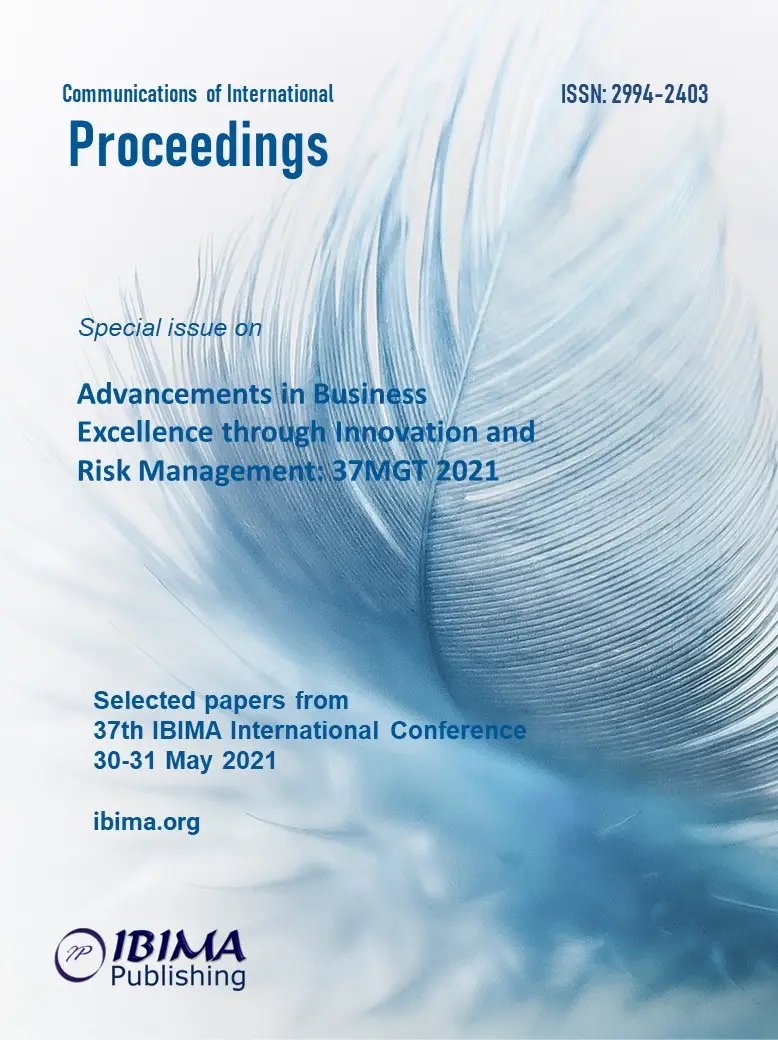
Yousif ABDELRAHIM and John O. KUFORIJI
Prince Mohammad Bin Fahd University Al-Khobar, KSA

This study examines the indirect influence of the cultural values of uncertainty avoidance, short-term orientation, and individualism on a country’s risk-taking levels using the risk-takers national-centric and cultural theories in 50 countries. The authors used secondary data from several sources to test their hypotheses using bivariate, multiple regression analysis, and Sobel Test. Data sources included were Hofstede’s website study in 2011. Besides, data for the competition were borrowed from the Global Competitiveness Report 2019 website. Furthermore, data for risk-taking were borrowed from the Our World in Data website in 2019. Finally, data for the country GDP growth volatility, country market capitalization, GDP per capita were borrowed from the World Bank’s World Development Indicators 2019. The study results show a positive, significant, and indirect relationship between individualism and the country’s risk-taking levels through competition. The results also show a negative, significant indirect relationship between short-term orientation and a country’s risk-taking levels through competition. However, the indirect relationship between uncertainty avoidance and a country’s risk-taking levels through competition is insignificant. The study results contribute to the literature by explaining the indirect effects of national culture on irrational risk-taking decisions through competition. The findings are consistent with prior studies showing that cultural values influence how companies make decisions that are influenced by their national culture and the levels of competition. Practitioners can use these study findings to enhance international management practices and culture training. The findings might also reinforce the growing awareness among management and finance scholars and formal institutions (e.g., investor protection).